‘The Hate U Give’ spreads important social messages
The Hate U Give begins with Starr Carter (Amandla Stenberg) sitting at her kitchen table with her family. Starr’s dad, Maverick (Russell Hornsby) informs her how to behave if/when pulled over by a police officer – whether she is in the driver seat or not.
The Hate U Give (THUG) was adapted from the best selling young adult novel by Angie Thomas and the film was released almost everywhere on Oct. 19, 2018.
The conversation that was had is one that is common in African-American households. Within the first several minutes of the film, I cried because of how much it resonated with me. As a young, black female, my own mother had the same talk with me when I was just young enough to comprehend and again when I started driving.
The main character, Starr, goes to school at Williamson Prep, a school outside of her community, where the population is more affluent than her own community. There, Starr felt the need to whitewash herself. For example, she would change her tone of voice while at Williamson and would be reserved to avoid anyone referring to her as things such as ghetto and provocative.
THUG presents the issues of microaggressions, white privilege and other struggles that minorities experience in society in a dynamic way. Specifically, it demonstrated a white teenager’s ignorance via a conversation between a white and black student. These issues are indicative of racial inequality in a post-Jim Crow era.
The movie copes with issues beyond racial microaggressions, such as police brutality. This issue is introduced the night that Starr went to a party. She left with her childhood friend, Khalil Harris (Algee Smith) when a violent altercation broke out. When they left the party, they sat in Khalil’s car catching up before he was going to take her home. My heart jumped when I saw flashing lights and heard the sound of a siren behind Starr and Khalil in the car. Officer Brian Macintosh, a white policeman pulled Khalil over for what he said was failure to signal a lane change. When the officer pulled them over, Starr was cautious and did everything her father told her to do in such an event, while Khalil joked around and reached over to grab his hair brush, despite the officer telling him to keep his hands where they are visible. When Khalil went for the brush the officer shot him. Starr was the only witness in the murder of the unarmed black male in Garden Heights, a predominantly black and lower income community.
At Khalil’s funeral, she had flashbacks from their last night together. Starr was pressured by almost everyone in her community except her mother to testify in front of a grand jury. People told her that she needed to immediately take action instead of being able to mourn the death of her friend.
This film aspect of the film revealed a coming-of-age theme. Starr was learning more about herself through this conflict. This is evident when Starr says: If I don’t speak out, what kind of friend is that? In response, her father told her: “When you’re ready to talk, talk. Don’t let nobody make you be quiet.”
One of the people that pushed Starr was activist April Ofrah (Issa Rae). April told Starr that she needs to stand up for Khalil because he can not stand up for himself and this is a recurring issue throughout the country. April told Starr that Khalil’s death is the same story with a different name.
Throughout the film, the audience sees Starr navigate through conflict and adversity. With all of the press that Khalil’s death received, many people urged Starr to talk about the events. Nevertheless, she became unapologetic about using her voice for advocacy.
“It’s about more than just Khalil. It’s about black people, poor people, everybody at the bottom. I need to speak for him [Khalil],” Starr said.
Maverick made his three children memorize The Black Panthers’ Ten Point Program at a young age so it would be present with them throughout their lives. Following the raid of Maverick’s store, Maverick lined his kids out onto his lawn and told them to recite Point Seven: “We want an immediate end to police brutality and murder of black people, other people of color, [and] all oppressed people in the United States.” I think this was an important part in THUG because it shows how things can impact a community and a family.
THUG also often paid attribution to Tupac Shakur for his influence over the black community and informing his followers about systemic racism, discrimination and the lack of upward mobility. “The hate you give little infants f—s everybody,” a famous saying by Tupac, was often said in allusion to his platform.
Another significant moment in the film for me was when Starr’s uncle (Lonnie “Common” Rashid Lynn Jr.), a police officer, talked to Starr about how she was feeling and Starr asked him if he would shoot a white man in the same circumstances. Her uncle informed Starr that as officers, they are taught to see imminent dangers and have to make risks for their protection and the protection of others. He admitted that he would not shoot a white man in the same instances. “We live in a complicated world,” he said.
I think that the movie was phenomenal and eye-opening to those who are not well-versed in social justice and activism. It’s the perfect Friday night movie for those interested in dramas and such issues.
Your donation will support the student journalists of East Mecklenburg High School. Your contribution will allow us to purchase equipment and cover our annual website hosting costs.



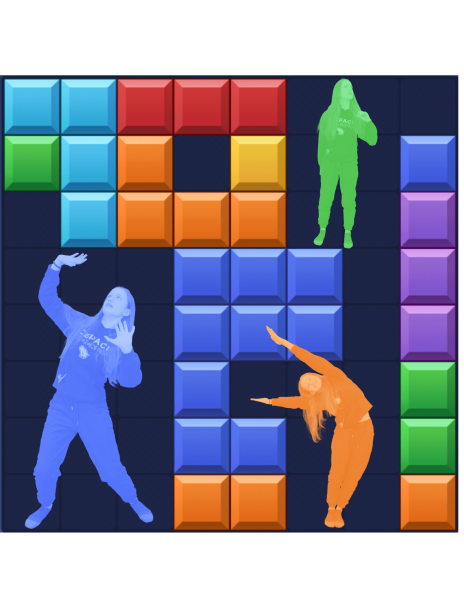
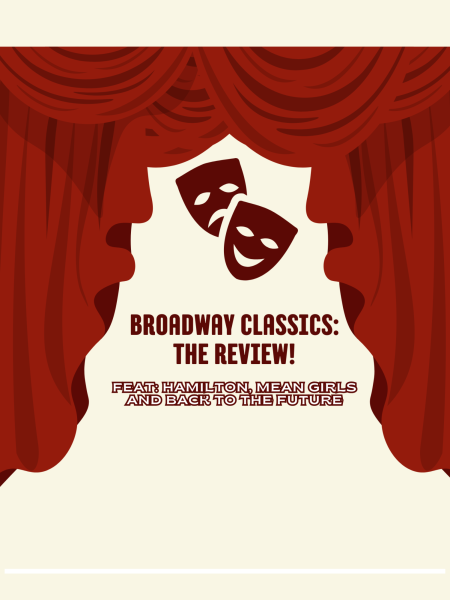
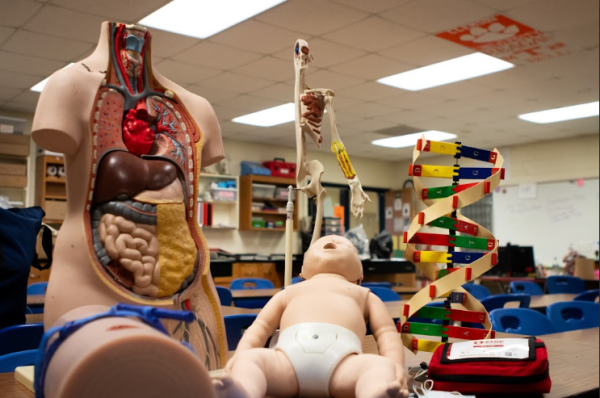
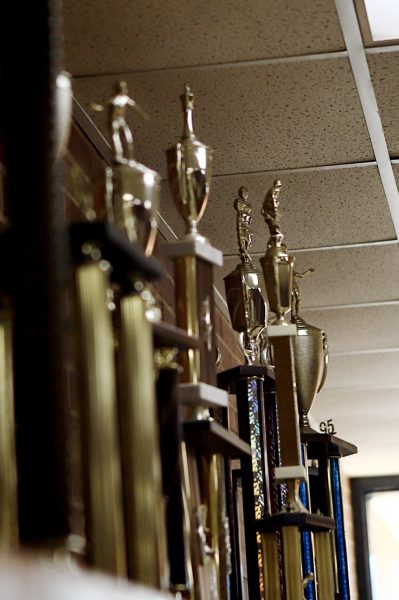
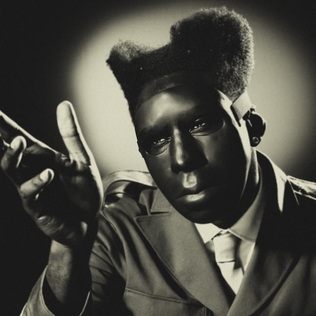
matthieu kouassi • Dec 2, 2020 at 6:38 am
very interesting!
the perspective you’ve taken,dealing with the novel.
Madison Williams • Nov 9, 2020 at 5:39 pm
Hi Y’all, I’m doing an essay on Social and racial justice and I was wondering if you could go into further detail as to why this movie involves both of these?